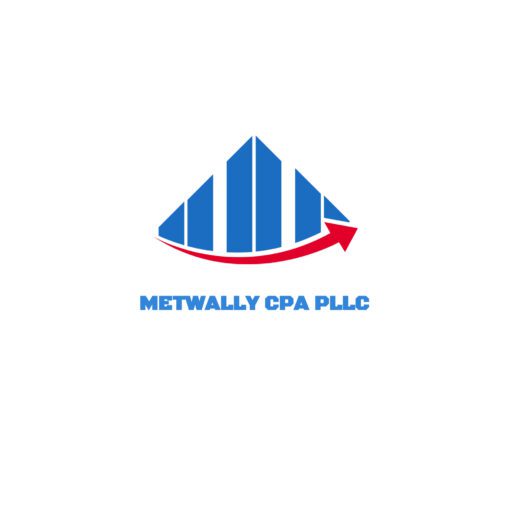
Introduction:
In the dynamic world of franchising, efficient accounting practices are crucial for the success of both franchisors and franchisees. Franchisors serve as the backbone of any franchise system, providing support and guidance to their franchisees while also ensuring financial transparency and stability. To achieve these goals, franchisors must establish robust accounting systems that allow them to effectively manage their financial operations. One of the primary responsibilities of franchisors is to accurately track and report their franchisees’ financial performance. This involves tracking revenue, expenses, and profits generated by each franchise unit. By maintaining accurate and up-to-date financial records, franchisors can evaluate the health of their overall franchise system and identify potential areas for improvement. Furthermore, franchisors must also handle various financial obligations, such as royalty and advertising fees. These fees are often calculated based on a percentage of the franchisee’s sales and are critical for the franchisor’s revenue stream. A comprehensive accounting system allows franchisors to track and collect these fees efficiently, ensuring compliance and financial stability. In addition to financial reporting and fee management, franchisors must also navigate complex tax regulations. Ensuring compliance with tax laws is essential to avoid legal issues and penalties. Franchisors must accurately calculate and report their taxable income while also monitoring any potential tax incentives or deductions available to them. By doing so, they can optimize their tax position and maximize their profitability.
To streamline these franchisor’s accounting processes, here are the 3 steps you need to implement today for clean books:
1. Accounting Software:
Don’t manually track your transactions, you will not accurately record all of the transactions and your books will most likely be out of balance by the end of the year. Many franchisors employ specialized accounting software tailored to their unique needs. These software solutions often include features such as automated financial reporting, fee tracking, and tax management tools. By leveraging technology, franchisors can save time and resources, allowing them to focus on strategic business decisions rather than mundane administrative tasks.
2: Use a professional:
I know, it’s obvious, but you can’t DIY accounting, you can track transactions, record them, but you will not be able to accurately generate financials, reconcile, etc. There’s a reason that the CPA license is one of the hardest license to obtain. If you’re a small franchisor that just started out and your budget is limited, you can have a monthly bookkeeper just going over your transactions classification, reconcile your books, and generate financial statements for you. These services will not take more than 5-10 hours a month, so it’s not crazy expensive. Your bookkeeper doesn’t have to be a CPA (while it’s preferably), but any bookkeeper with few year of experience would do it. As you grow, you can add a CPA compilation or review once a quarter before you head to the annual audit. Engaging professional accountants or outsourcing accounting services can bring several benefits to franchisors. These experts can provide valuable insights and guidance on financial matters, ensuring accurate and timely reporting. They can also offer strategic advice to franchisors, helping them make informed financial decisions to drive growth and profitability.
3. Keep records:
You know you need an audit every year, so it’s better to plan ahead and have all of your invoices, bank statements, receipts, franchise agreements, debt agreements, in one folder. You can add them in a secured cloud folder, that way you can just share them with your auditor at year end. Don’t wait till the audit, it will take lots of your time to add them together. Forewarned is forearmed. It also makes your bookkeeper job a lot easier to have all of the supporting documents in one place. Effective franchisors accounting not only benefits the franchisor but also the franchisees within the system. Transparent and accurate financial reporting builds trust among franchisees, as they can rely on the franchisor to provide the necessary information to support their business operations. This fosters a positive working relationship, allowing both franchisor and franchisee to thrive.
In conclusion, the role of accounting in franchising cannot be overstated. Franchisors must establish robust accounting systems to track and report financial performance accurately. By doing so, franchisors can monitor the health of their franchise system, manage financial obligations, and ensure compliance with tax regulations. Employing specialized accounting software and engaging professional accountants can further streamline these processes, ultimately benefiting both the franchisor and the franchisees. With efficient accounting practices in place, franchisors can focus on driving growth, innovation, and success within their franchise system.


